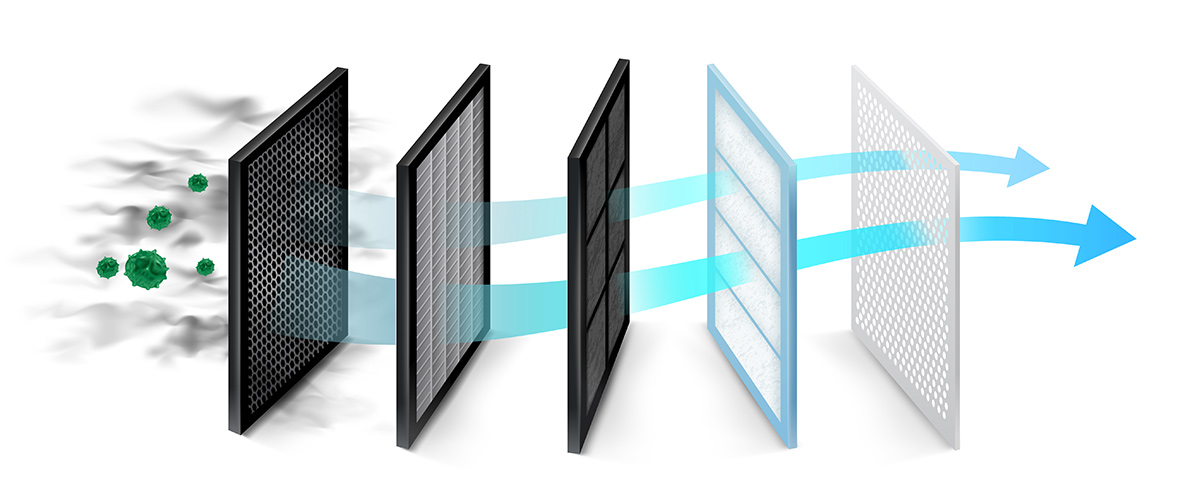It is a homeowner’s nightmare when their AC goes out in the scorching heat of Denver, Co. While there is no 100% guarantee of any electrical equipment, it is our negligence that often results in the breakdown of air conditioning units.
It goes without saying that a professional HVAC inspection twice a year is critical to ensure the longevity of your air conditioning unit. While DIY AC checks are great, if you aren’t a professional, it is time to call in the pros.
Your AC can go out for a number of reasons. Here is a list of tips we’ve compiled for you to perform some basic DIY inspections and AC repairs to consider when your AC Unit breaks down:
- Check Your Thermostat
- Check the Circuit Breaker
- Check for any Electrical Damage
- Check the Blower
- Check the Compressor’s Capacitor
- Check for Ice Around the Coils
- Check the Air Filters
- Low Refrigerant Level
- How to Keep my Denver House Cool When the AC Goes Out?
- How to Avoid Your AC Going Out?
Check Your Thermostat
If your thermostat temperature is set too high, your AC won’t blow in cool air. You need to decrease the temperature and check if the compressor kicks back and starts throwing in cool air. If it doesn’t, your thermostat might need new batteries. If you read a LOW or a similar signal on the device, try changing the batteries. If this does not work, you may need to replace and buy a new programmable thermostat, which costs less than $100.
Check the Circuit Breaker
Unlike your refrigerator, TV, laptop, and other day-to-day electrical appliances, your AC typically consumes the most amount of energy, going as high as 50% of your energy bills. When the compressor turns on, it causes a spike in electricity consumption, often tripping the circuit breaker or blowing a fuse. Be careful, though. Gently flip the circuit breaker to turn on your Denver air conditioner. Most of the air conditioners have at least one additional circuit breaker attached to the exterior wall. Check to see if it is turned off and flip it to turn the AC on. If it doesn’t turn on, it is time to call Denver air conditioning professionals.
Check for any Electrical Damage
If your AC suddenly goes out, it might mean that your electrical wiring is either damaged or the AC is not receiving complete voltage. In most cases, if the voltage you’re receiving is less than 100 or above 150, your AC’s compressor might not turn on due to the built-in safety feature. It is recommended to immediately turn off your air conditioner and call in a professional AC repair company in Denver to check for electrical damage and proper voltages. Dealing with wires and cables is something only professionals should do. Do not attempt to fix anything that you are unsure of.
Check Out Our Guide to Buying an Air Conditioner in 2021
Also Read: The History of Air Conditioning
Check the Blower
If your blower has something stuck around it, your AC will turn off automatically to avoid any damage to the compressor. If you see any blockage and are unsure how to clean it up, call in the Denver AC repairs. You absolutely do not need to proceed with repairs that you cannot understand.
Check the Compressor’s Capacitor
The capacitor (also called the run capacitor) is in the outdoor unit and is responsible for starting the fan and the condenser. If the capacitor has malfunctioned, your fan and condenser won’t turn on. You might hear different noises such as cracking or humming when you reduce the temperature on the thermostat. If this happens to be the case, turn off your air conditioning device and let Denver air conditioner pros conduct a professional inspection. We will change the run capacitor and ensure the condenser and fan turn on.
Check for Ice Around the Coils
If you happen to see ice built up around the coils, turn off the indoor unit for 2 hours. Let the ice melt and now turn the ac on to a low temperature.
Inspect the Air Filters
If you have air filters that are dirty and clogged, they will put an added strain on your compressor, which may force it to go in cycles or turn off. Change your air filters to ensure there is no blockage of airflow.
Low Refrigerant Level
While your AC might be running, it may not be cooling, and one reason could be the low refrigerant level causing the compressor to trip time and again. Call in Denver HVAC professionals. We will first start by checking and fixing any leakages in the coils and then fill the refrigerant level. Always remember to cover your refrigerant lines with insulation after cleaning the air conditioner.
How to Keep my Denver House Cool When the AC goes out?
There are many things you can do to keep your house cool when the AC goes out. Here is a list of tips we have compiled for you:
- Close all curtains and turn off heat-generating appliances such as the oven and stove.
- Enjoy cold sandwiches, salads, fresh juices and spend some time out of your home.
- Instead of simply turning on all fans, ensure you also turn on all exhaust fans for proper air circulation and ventilation.
- Wear light-colored clothes.
- Wrap ice in a washcloth or a towel and put it behind your back or neck.
- Use damp cloths or wet tissues to keep yourself cool.
How to Avoid Your AC Going Out?
Do you know what happens during the peak summer season in Denver? Your air conditioning unit runs at max to ensure cooling throughout your home. It doesn’t matter which brand or quality of air conditioner you have invested in. If you don’t perform an annual HVAC inspection or take care of it, it can break down at any moment.
Keep your air conditioner working flawlessly with our annual AC maintenance. JDs Plumbing Heating & Air Conditioning will perform a thorough inspection of AC coils, refrigerants, circuit breakers, and electrical wiring so that you can enjoy the comfortable air of your air conditioner during the scorching heat of Denver!




